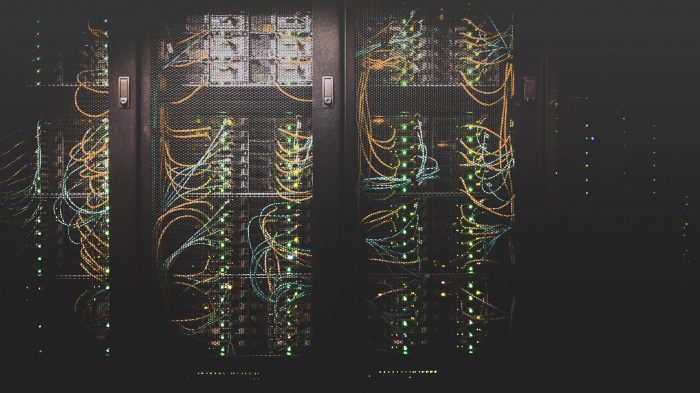Sometimes a problem is so urgent and complex, you need the whole world working on it.
That’s COVID-19.
Sometimes you also need the help of a global supercomputer.
That’s Folding@home.
A distributed computing project powering research into SARS-CoV-2, Folding@home seeks to develop effective, patent-free drugs to treat the deadly coronavirus, which has caused over 732,000 deaths worldwide, including more than 163,000 deaths nationally.
But a successful response to this large-scale, generation-defining problem can’t be realized without the combined computing resources of millions of ordinary citizens around the world. That’s why Folding@home is inviting everyday computer users to share their excess computing power with researchers. Volunteers can download the necessary software here.
“We’ve had several million volunteers, citizen scientists that have downloaded the software and helped us out in this,” said Anton Thynell, head of collaboration and communication for Folding@home in a recent interview with Dubuque, Iowa radio station KDTH-AM. “We’re actually the strongest supercomputer in the world.”
A self-described “moonshot collaboration”, Folding@home studies both the virus and the human proteins it interacts with. So far, the project has discovered novel protein structures previously inaccessible to researchers.
With that victory in tow, the team has shifted toward the discovery of new therapies to treat the illness—one that scientists and the medical community are still struggling to figure out.
“What Folding@home does is basically trying to map out the entire virus and how it folds and unfolds,” Thynell said. “But this requires an immense amount of computing.”
To that end, Omaha-based cloud provider First National Technology Solutions (FNTS) has joined several other organizations worldwide in the effort, providing access to “a phenomenal amount” of excess processing power that is then tied together with other processors around the world to create the supercomputer, said FNTS president Kim Whittaker in that same interview. (Whittaker sits on the board of the nonprofit AIM Institute, which operates Silicon Prairie News.)
“We wanted to look for ways that we could give back and help other organizations with different supercomputing initiatives that they have underway,” Whittaker said. “With the technology in place to make these complicated simulations possible through our partnership with Folding@home, this allows scientists to concentrate on research, analysis and finding cures.”
FNTS is active in the community, actively supporting organizations such as the AIM Institute. The company is celebrating its 25-year anniversary in August as a nationally recognized advisor in managed IT services.
Folding@home began at Stanford University in 2000 as a distributed computing project for disease research that simulates protein folding, computational drug design and molecular dynamics. When the pandemic hit, the project shifted to address the mechanics of the novel coronavirus, with unprecedented support from people around the world, Thynell said.
“It is really fascinating what they’ve been able to accomplish with individuals and companies that have donated time and resources, all for a good cause, to help solve some of these healthcare challenges,” Whittaker said.
Thynell gave a direct plea for users to please consider downloading the software from the Folding@home website and running it on both their personal and work computers, if possible.
“You’re helping us with a small part of a very large simulation, where we’re trying to understand better how SARS-CoV-2 works and moves,” Thynell said.




